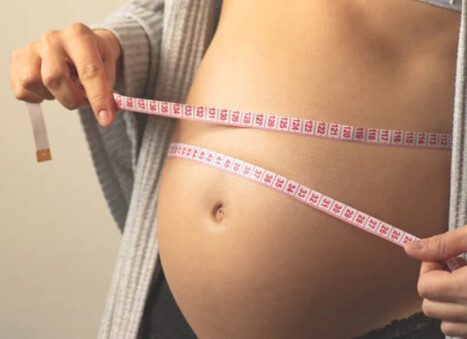
Your Pregnancy Symptoms Week By Week: Guide For The Parents
No matter how much joy it may bring, pregnancy takes a toll on your body. Week after week, you experience new symptoms and changes in your body.
Breast tenderness and backaches are common symptoms you experience in the first and the third trimester. However, not all the symptoms come expectedly. Some symptoms can be unpredictable and might be alarming at times. But, there are some major symptoms that are more common and can be followed throughout weeks of pregnancy.
You might probably be going through the internet, searching for things like – how do you know if your pregnant? Or how to be a good mother. But, don’t worry, this article will work as your personal pregnancy tracker.
In this article, I have shared pregnancy symptoms week by week. Reading it will help you prepare for what is to come and what you might face within the next 42 weeks.

Week 1
Week one of your Pregnancy starts from the first day before you conceive your baby. The countdown starts from the first day of the last period and it means that you are not pregnant, not technically yet. But you might experience some common menstrual symptoms like cramping, bleeding, sore breasts, mood swings, etc.
Week 2
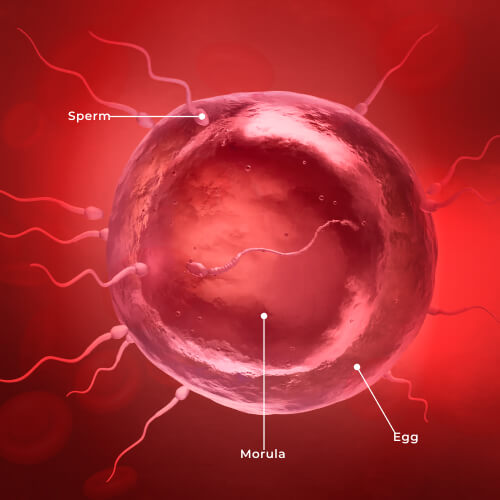
Week two is all about ovulation. During ovulation, a mature egg will travel into the fallopian tube. Here it waits for the sperm for fertilization. You may experience twinging pain in the lower abdomen as a symptom of the ovulation process. Some common and visible symptoms of the same would be –
- Breast tenderness.
- Slippery discharge resembling egg whites.
- The rapid increase of the basal body temperature.
Week 3
The third week is when you experience common symptoms such as bloating, spotting, or cramping. However, you will not experience anything until you miss a period. The tenderness in your breast may intensify in the third week. This is the time when fertilized egg implants into the uterine lining. In case you are experiencing intense pain or any bleeding you should contact your doctor. Such symptoms may suggest an ectopic pregnancy.

Week 4
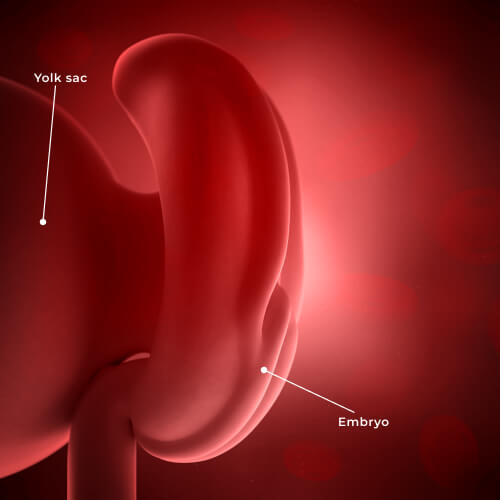
So, you have tested for Pregnancy at home – the fourth week may confirm that you are pregnant. If you check 4 weeks pregnant symptoms, you will notice tenderness in your breasts. A missed period is common, and you might have a metallic taste in your mouth. Nausea and morning sickness are also some common symptoms of the fourth week of Pregnancy. Bloating, mood swings and constipation may also accompany the one I told earlier. If you are following your pregnancy symptoms week by week you will notice these symptoms soon if not in the fourth week.
Week 5
The symptoms in the 5th week are quite similar to the previous week. Mood swings or changing feelings might take you from being happy to sad to angry at any moment. Some common pregnancy symptoms like nausea, tender breast, and fatigue might also couple with these turbulent emotions.
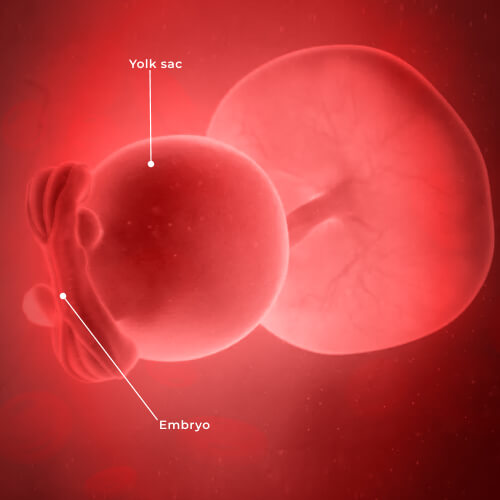
Week 6
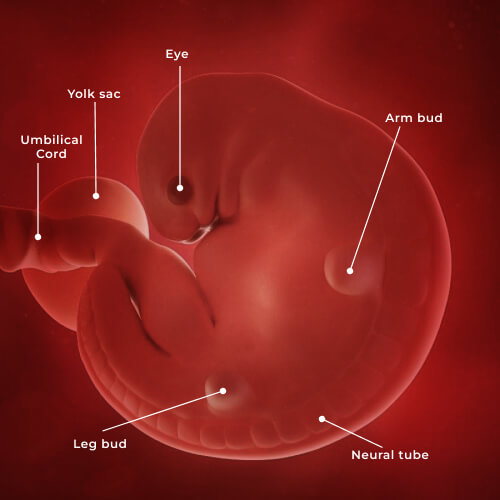
Here comes the hardest part – the sixth week of Pregnancy might kick off with morning sickness. But, it may also delay until weeks later. The metallic taste inside your mouth and a craving for food might intensify to some degree. Morning sickness may still be around until the second trimester. So, you better be prepared for it. Some suggestions for the week would be –
- Eating smaller meals.
- Having ginger.
- Avoiding triggering food.
Week 7
The seventh week comes with the new challenge of frequent urination. You may experience morning sickness to still cling to you. The reason for frequent urination comes due to the hCG hormone and increased fluid in the system. The growth of the uterus compresses the bladder making you seated in the bathroom almost all the time.
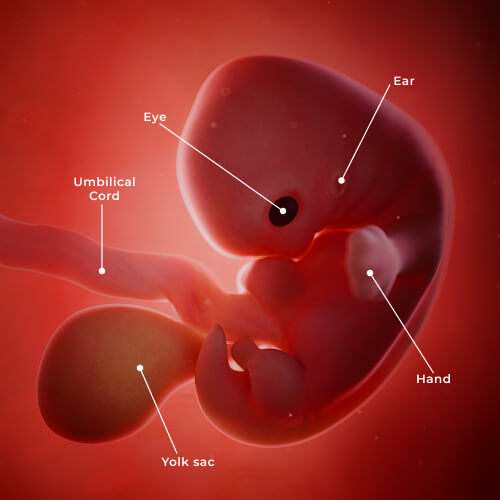
Week 8

The troubles of the 7th week are still there, and the 8th week comes with a new, unusual symptom – there is excessive saliva inside your mouth. This will most likely last until the first trimester ends. You may also experience headaches alongside the symptoms of the previous week.
Week 9
Would be mothers tracking their pregnancy symptoms week by week can experience a change in their digestive system. This is when the would-be baby mommas start becoming slow. Excessive gas and constipation are part of week 9. Your digestive system grows more slowly during this time. Tiredness, sickness, mood swings, sore breasts, and headaches will still be there.

Week 10
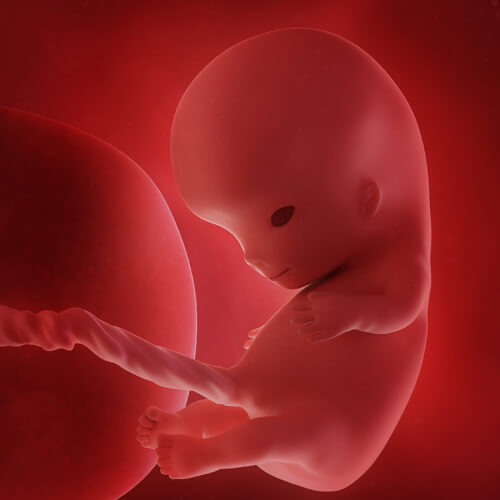
The glowing beauty of a pregnant woman kicks in in the tenth week. People start complimenting your glow. A common symptom of the tenth week is experiencing hormone-induced acne. Your breast has gotten bigger and so has your belly.
Week 11
The week 11 symptoms include cramps around the abdomen. The ligament pain can be uncomfortable. You can also notice a creamy discharge within the underwear. This suggests that your body is trying to clear bacteria – it is quite normal during Pregnancy.
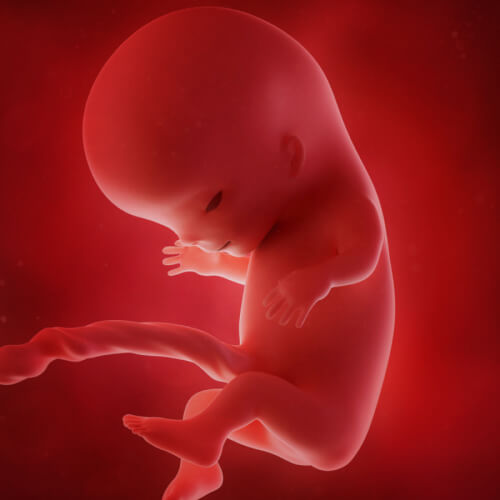
Week 12

The increment of blood volume in their system becomes visible among lighter-skinned people. Aching stomach, sore breasts, headaches, and dizziness are some common symptoms you might face during the 12th week of Pregnancy. Indigestion, heartburn, and soreness of the breasts are some common feelings you might feel.
Week 13
The 13th week of Pregnancy might seem like a transition from the early pregnancy symptoms. But the feeling of dizziness will bother you. The reason behind this is reduced blood flow, dizzy spells, and lower blood pressure within your system. However, you will get through this. Don’t worry–just keep yourself hydrated and change your position little by little. You may also experience –
- Bleeding and swollen gums.
- Pain on one side of the belly due to the expansion of the womb
- Nosebleeds.
- And headaches.
However, no matter how painful the headache may seem, you should not take pain relievers like Excedrin after the last trimester of Pregnancy.
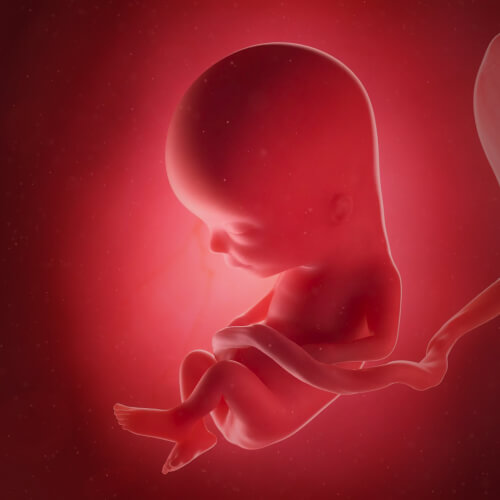
Week 14
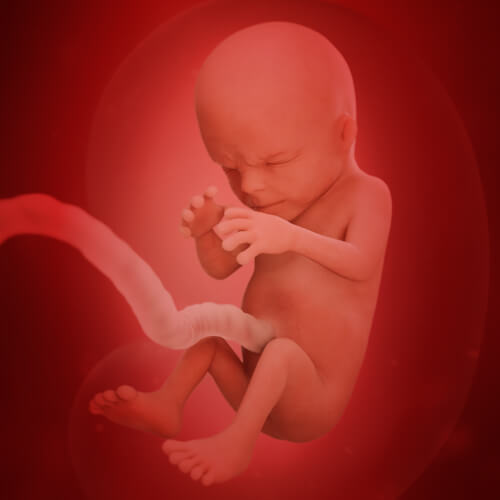
You will get through this– the 14th week of Pregnancy brings the easiest trimester. It is more bearable now. A good number of pregnant women have reported that they have felt renewed energy, have an intense sex drive, a higher level of c, and an increased level of hunger during this trimester.
It will feel easy during this time of your Pregnancy. The best idea would be to use it to your advantage. You can start an exercise routine according to your doctors’ advice or start gathering knowledge for the baby’s care – like knowing when to put lotion on a newborn baby.
Week 15
The baby is indeed the reward for all the pain you are going through. But, the risk and pain a mother goes through are immense. However, you can experience funny symptoms like a stuffy nose, sensitive gums, and leg cramps. Your ligaments are loosening due to the hormone relaxin, making you feel clumsier.

Week 16
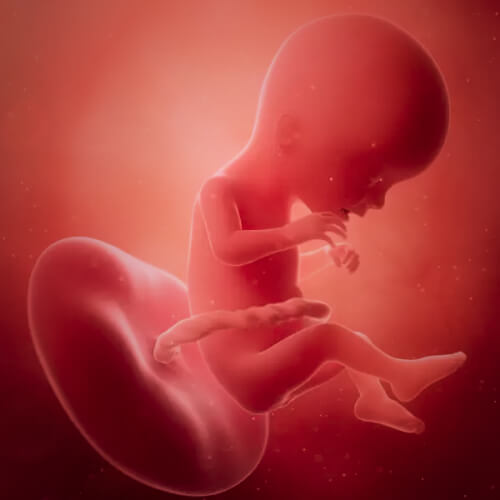
Your tummy remains swollen, and you feel a headache. But, the most noticeable experience during Pregnancy is seeing your skin getting dark around the nipples, armpits, inner thighs, and naval area. People with a darker complexion may experience their cheeks and nose getting darker during the 14th week of Pregnancy. Tracking pregnancy symptoms week by week will help you prepare and stay safe during this phase of life. However, the 16th week is not all that bad for many. But some painful symptoms still remain.
Week 17
Pregnant women have a lot to thank their pregnancy hormones for. A wide range of common symptoms is there. But backaches are the most prominent during the 17th week. You start to forget things. You should be ready for your baby to kick inside. It is almost the 18th week, so you should look out for the baby’s kick. You may also feel excessively tired and have trouble sleeping. Also, the other symptoms like headache and nausea may still stay.

Week 18
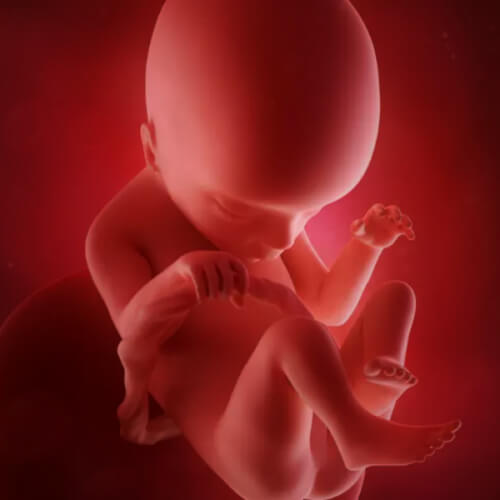
The 18th week is a visual reminder to many that you are expecting. Your belly bump has gotten bigger, and the breast enlarges and gets ready for producing breast milk. This is the time your extra weight kicks in. you can expect to gain a few pounds during this time. Most importantly, many moms start seeing stretch marks during the 18th week of Pregnancy. If you are using a pregnancy tracker and checking pregnancy symptoms week by week, you should expect the baby to kick anytime now.
Week 19
The 19th week of Pregnancy comes with the symptoms of heartburn. The pregnancy hormones relax the muscles of the LES (lower esophageal sphincter) of your body during the second trimester. This week can be pretty uncomfortable. Here are some tips you should try to fight such a situation –
- Eat smaller meals.
- Stay upright after finishing a meal.
- Don’t eat greasy, spicy, and acidic food.
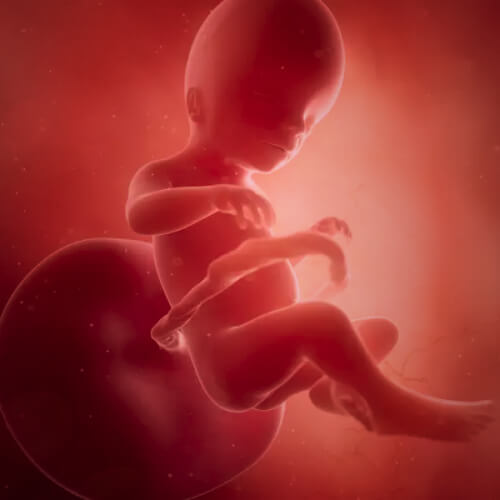
Week 20

While all these different feelings are creating a storm inside your body, you might feel your baby’s first kick in the 20th week of Pregnancy. It will feel like fluttering inside the stomach. You will also feel a couple of new and old symptoms, such as leg cramps, getting dry eyes, trouble sleeping, etc. I will suggest using a pregnancy pillow for a good night’s sleep.
Week 21
The baby already has a size of around 25cm to 26 cm by the 21st week of Pregnancy. However, you will notice the round ligament pain increasing as the week grows. Feelings of sharpness in the hip, groin and abdominal areas are common due to their stretch for accommodating the growing uterus. Backaches will also remain during this week.
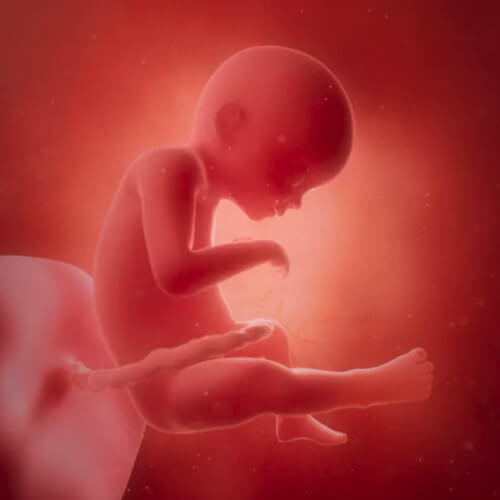
Week 22

During your Pregnancy, the level of progesterone increases in the body resulting in shinner and thicker hair. Your nails also grow quite long and sharp during this time. Your body is receiving constant nutrients. As a result, these growths are common and usually spotted. Your hair locks are stronger and more bountiful thanks to these factors. While most of the common symptoms and pain still remain, it is possible to experience dry and irritated skin on the stomach.
Week 23
The 23rd week brings about a change in the belly button. It may look like an “innie” belly button or an “outie” one. But, it will come to its previous state later. But you will notice some new as well as old symptoms. Some of them include the following–
- Swelling in the feet and the ankles.
- Colostrum production.
- leg cramps
- backaches
- headaches
- brain fog
- increased vaginal discharge
- constipation
- stretch marks
You will also start to experience the pregnancy symptoms of the second trimester.
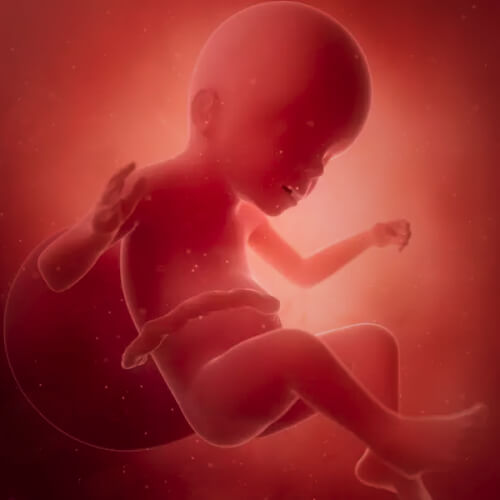
Week 24
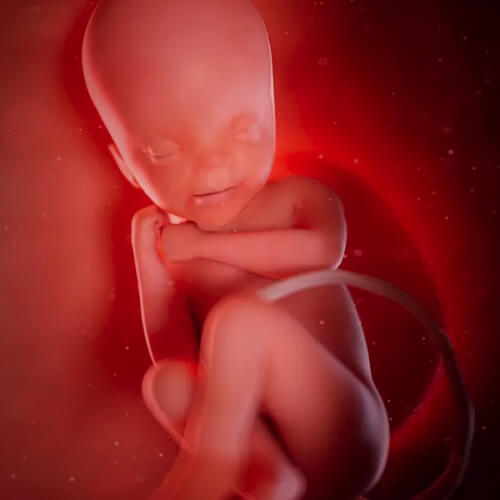
The 24th week of Pregnancy is nothing sort of a breeze. Most of the ailments of being a mom are there. However, you may experience a high to dwindling level of sex drive. You may be too horny or feel too tired to have sex. But you will see many other symptoms of Pregnancy. In the 24th week, you start to experience a tingling sensation in your hand, and the bleeding of the gums becomes prominent. Pregnancy weight gain is indeed visible in the 24th week.
Week 25
Feeling a tingling sensation in your hands is a symptom of carpal tunnel syndrome. This experience comes from fluid retention and normal swelling. Once the baby is out, you will no longer have this feeling. The best way to avoid this feeling is by avoiding sleeping on the hands. Experts also suggest shaking the wrist multiple times during the day. Some pregnant women have also expressed feeling depression during Pregnancy of the 25th week.
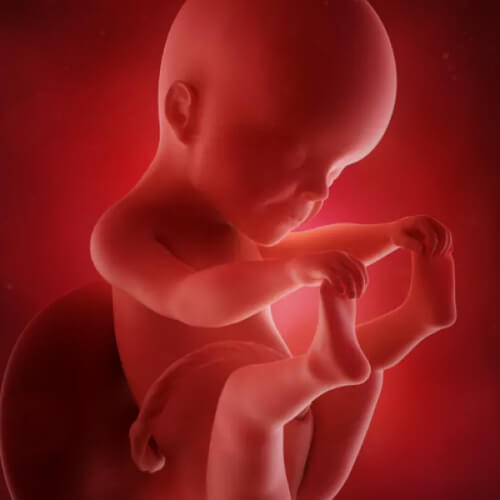
Week 26

The third trimester becomes unbearable for many. If you are tracking your pregnancy symptoms week by week, you will face symptoms such as leg cramps, frequent urination, and clumsiness. The sudden weight gain will make it hard for you to move around easily. You may also experience a little itchiness.
But it is nothing that can’t be cured with ointments or calming lotions. But, if the itchiness is intense, it may suggest cholestasis of Pregnancy requiring medical assistance. In such a case, you should consult with your doctor as soon as possible.
Week 27
The 27th week of Pregnancy is no happy week. The backache may intensify for many. On top of that, some people also get hemorrhoids during their second trimester. The blood flow increases so does the pressure making the veins in the rectum pop and feel itchy and swollen. Straining and constipation may join the party, making it feel worse. However, you can deal with it. Putting high-fiber food in the diet and having lots of fluid can help. Also, you can use the hemorrhoidal ointment for the hemorrhoids.
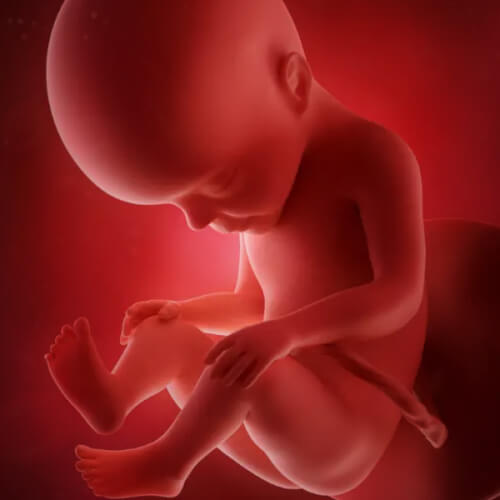
Week 28
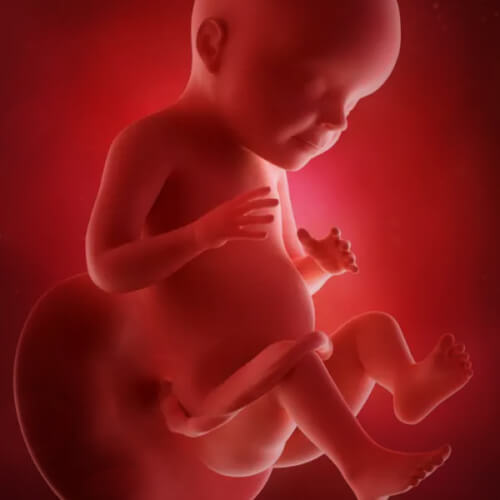
Keeping track of your pregnancy week by week is helpful. It keeps you in check and helps you take medical advices during an emergency. In the 28th week of Pregnancy, you start to feel physically exhausted and uncomfortable.
Aches and pain are your daily visitors now. However, some people also feel SPD. It happens due to the ligaments around the pubic bone of your body becoming unstable and soft. It stretches further apart than normal. The sleeping problems will remain as usual.
Week 29
A major change happens to the breasts during the 29th week of Pregnancy. Your body is preparing you to feed your baby. Yellowish colostrum starts leaking out of the nipples during the next few weeks. It helps your breast milk mature before your baby is delivered and ready for breast milk. Weeks between 29 to 32 keep the blood pressure of a pregnant woman at a high level.

Week 30
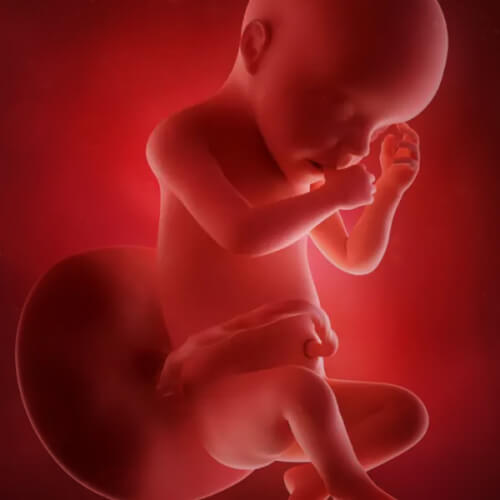
Week 30 of Pregnancy reminds you of your pregnancy symptoms like every week before. All the prominent symptoms will show. For example –
- Itchiness
- Swelling
- Heartburn
- Aching
- More Pronounced Stretch Marks
Stretch marks start to appear red, purple, or pink in color. Some dark brown stitches may also occur. However, the stretch marks reduce over time and fade away.
Week 31
The first trimester of Pregnancy might leave you or stay. But, in the 31st week of Pregnancy, they are definitely making a comeback. Some of those old symptoms are such as – tender breasts producing colostrum; you feel frequent urge to pee. Also, a little effort can make your feel exhausted. I know it seems difficult, but you will get through this, so don’t worry.
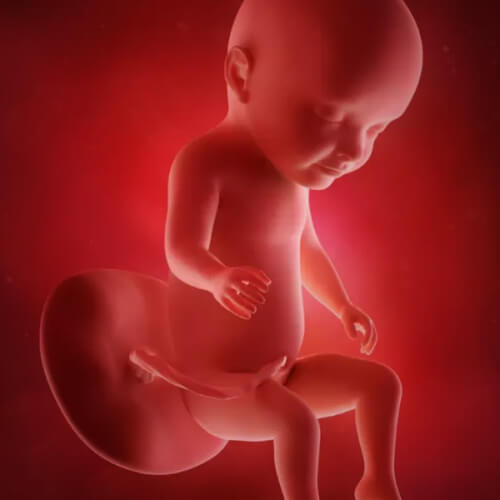
Week 32
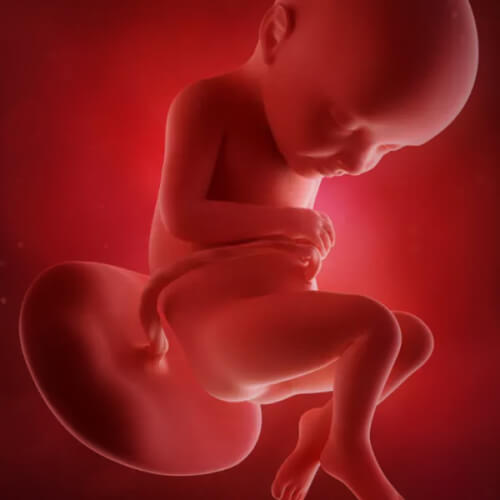
Your body starts to produce Braxton Hicks, which are practice contractions. The Braxton Hick contractions come more often throughout the different phases of your Pregnancy. These are characterized by tightening of the uterus or sporadic hardening. They can last from 30 seconds to 2 minutes. Braxton Hicks is normal. But you should contact your doctor if you see contractions getting harder and more frequent.
Week 33
Week 33 of your Pregnancy marks a larger-sized baby inside your womb. And the baby is pressing against the internal organs. This calls for different symptoms like general heartburn, shortness of breath, discomfort, or contraptions around the bump, which is painless. Facing upper abdominal pain is common since the pain is increasing. This pain occurs due to the stretching of the uterus; the mild pain also worsens when the baby kicks.

Week 34

During the 34thh week of Pregnancy, the baby is growing rapidly, and every day marks a new development in the baby’s growth. The delivery countdown will start soon enough. The baby will start to make movements more frequently now than before. But, if it seems concerning, you should check up with your doctor as soon as possible.
Week 35
The time of delivery is approaching, and the 35th week of Pregnancy brings more Braxton Hicks Contractions to attention. But you should be able to differentiate between Braxton Hicks and strong/hardened contractions. Insomnia is a more pressing issue during the 35th week of Pregnancy. So, Brace yourselves.

Week 36
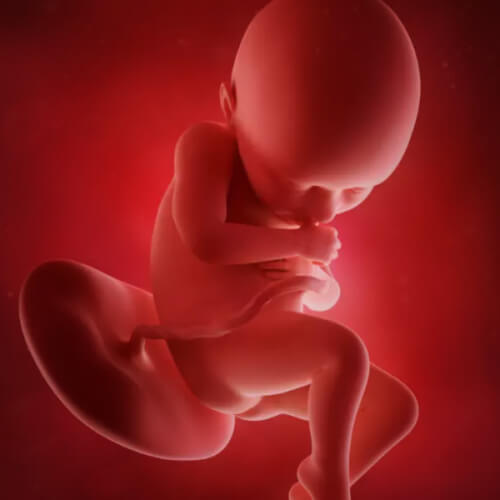
The baby’s movement starts during the 36th week of Pregnancy. Tracking your pregnancy week by week will bring the baby’s movement visible during this week. The baby starts to slowly drop into the lower pelvis, taking some pressure off the internal organs. As a result, you find it easy to breathe.
Week 37
Braxton Hicks Contractions, vaginal spotting, or discharge is still there during the 37th week of Pregnancy. The baby now kicks more often than before. This new position of the baby makes you feel discomfort. The spotting is visible after sex; that is only due to the sensitive and enlarged cervix. If you experience bleeding like a period, you should contact your doctor immediately.

Week 38

When it is the 38th week of your Pregnancy, you will already lose the mucus plug. The mucus plug works as a barrier to the opening of the cervix, keeping your baby away from germs. The mucus plug releases before a couple of weeks of labor. When it comes out, it looks like a pink, thick discharge.
Week 39
It is around this time that the early signs of labor start to come around. You start to see labor symptoms like –
- contractions
- pelvic pressure
- restless feeling
- dull back pain
The Italy labor remains for hours. If the contractions come within every four to five minutes, you should reach the hospital ( this is what doctors usually recommend). But, it is better to consult with your healthcare provider or doctor before doing anything

Week 40
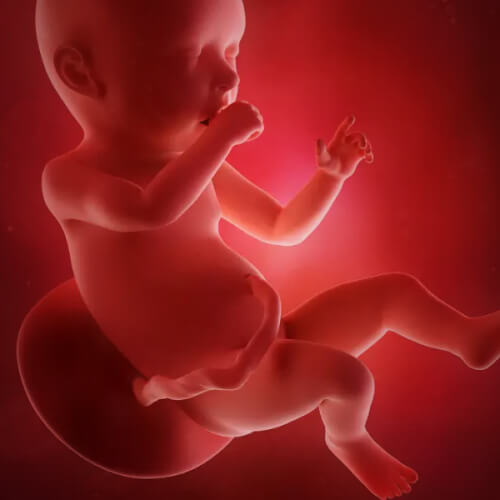
If you keep checking your pregnancy symptoms week by week, you will notice that few symptoms have always remained. They will also carry on during the 40th week of Pregnancy. You will keep experiencing insomnia, swelling, nauseous, frequent urination, a metallic taste in your mouth, and pelvic discomfort. Now is the time to get an ultrasound of the abdomen done. It will help you confirm the size and position of the baby. It will also help track the level of fluid, ensuring everything is alright.
Week 41
A 41st week of Pregnancy is considered a late pregnancy in medical terms. However, it is still in the normal range. It also means that the due date has passed. Although the pregnant mother will remain physically fine, it is common to face anxiety and restless feeling for an overdue baby.
The wait may seem frustrating, but it is still ok to wait and welcome your baby normally. You can do a minimal movement like walking, squatting, or dancing to help the baby move towards earth, towards you.
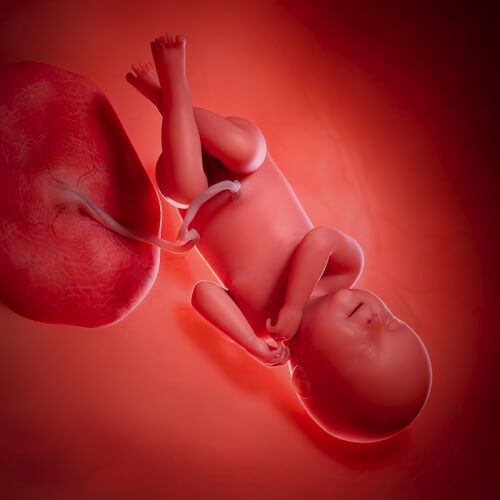
Week 42
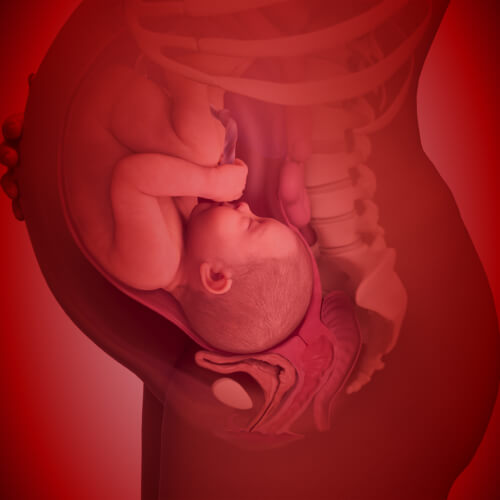
Reaching the 42nd week of Pregnancy is tiresome for both moms and babies. Most babies are born within 2 weeks of their due dates. Your provider may advise an induction prior to 42 weeks. You should keep taking care of yourself during this time. The baby is almost here. The wait should be over sooner than you may have thought.
Its Delivery Time
A normal pregnancy lasts for around 40 weeks. You can expect your baby to see the light of the world within the 23rd to 37th weeks of Pregnancy. But, if a baby is delivered before 37th weeks, it is called a premature birth. However, you may expect a normal birth around 37th to 40th weeks of Pregnancy.
But, no matter when the baby comes, you should be cautious and stay calm. If you face any issues, contact your doctor ASAP. By the way, enjoy happy motherhood.
Read Also:
Already have an account?
Sign In
Create your account
User added successfully. Log in







